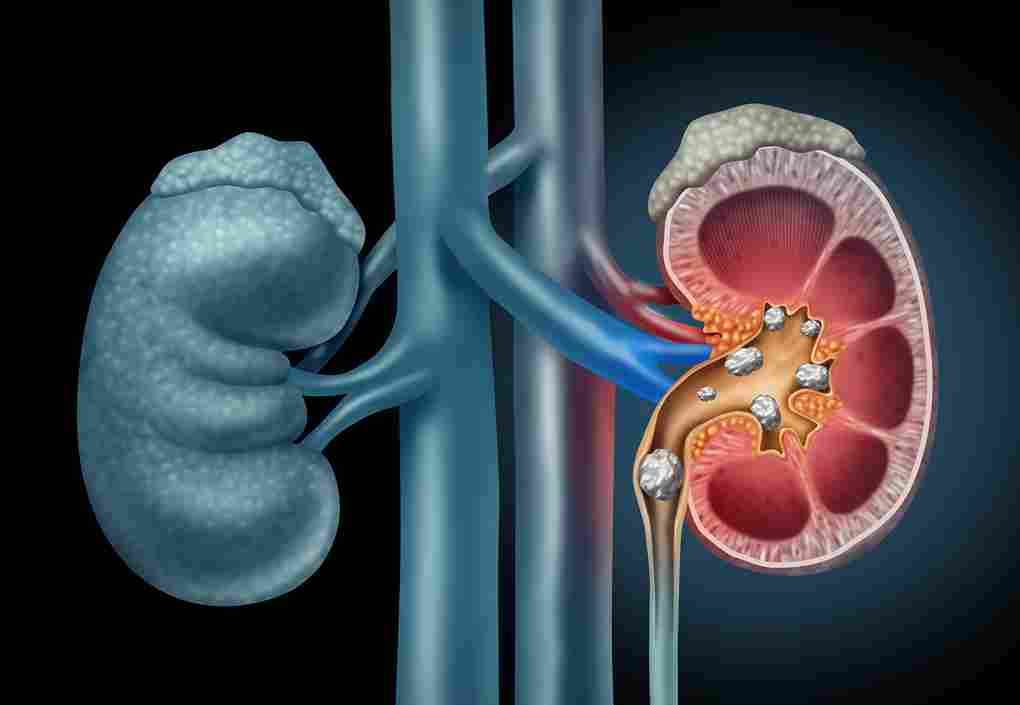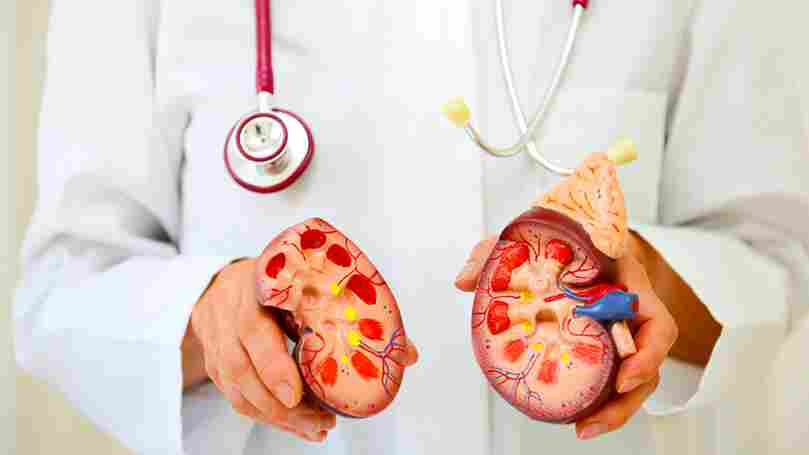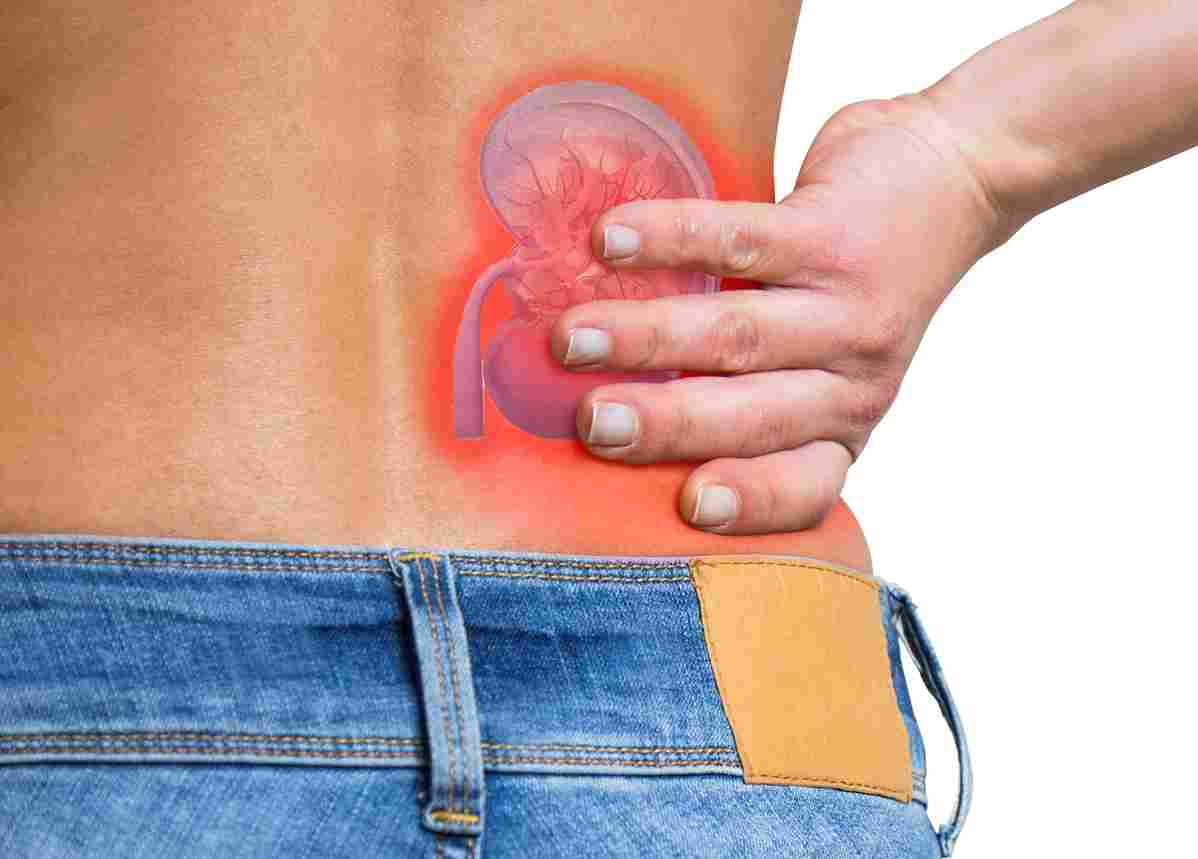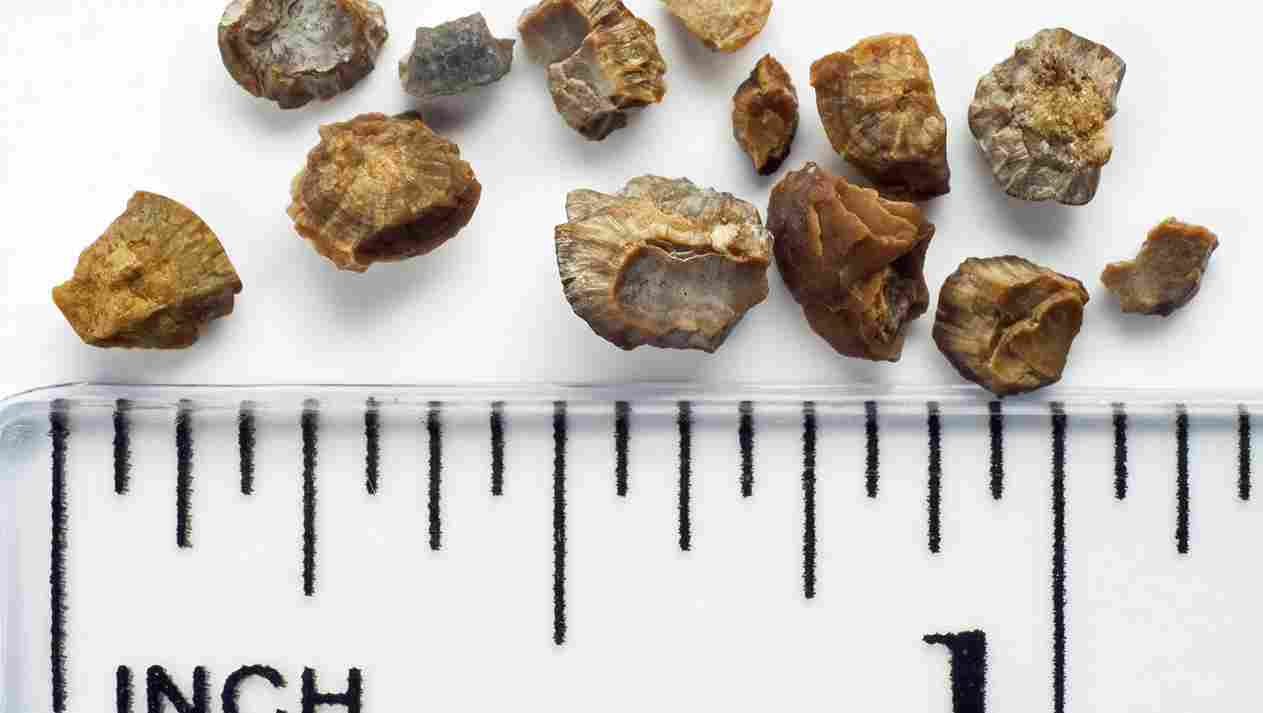What Kidney Stones Can Do To Your Health?
By Ashmal Shah
20 April 2023
Kidney stones are hard, crystal-like deposits that form inside the kidneys. They are made up of minerals and salts and can vary in size from tiny grains to large stones. While the majority of kidney stones are made up of calcium, other minerals like oxalate and uric acid can also form stones.

Read More On: 7 Autoimmune Diseases That Cause Hair Loss
Kidney stones can cause a range of health problems and can be extremely painful. It is important to understand the potential risks and complications associated with kidney stones and to take steps to prevent them from forming.
What Causes Kidney Stones?

Kidney stones form when certain substances in the urine, such as calcium, oxalate, and uric acid, become overly concentrated. This can happen when there is too little liquid in the urine or when the kidneys cannot adequately filter out the minerals. High levels of salt are also bad for your kidneys!
Other factors that can increase the risk of kidney stones include a family history of kidney stones, certain medical conditions, certain medications, and a diet high in sodium, animal protein, and sugar.
Symptoms of Kidney Stones

The most common symptom of kidney stones is severe pain in the lower back, side, or groin area. This pain can range from mild to severe and may come in waves. Other symptoms of kidney stones include nausea, vomiting, chills, and fever.
In some cases, a person may pass a kidney stone without any symptoms. However, it is important to seek medical attention if you experience any of the above symptoms as they may indicate the presence of a kidney stone.
Complications of Kidney Stones

Kidney stones can cause a number of health complications if left untreated. The most common complication is the obstruction of the ureter, which is the tube that connects the kidney to the bladder. This can prevent urine from draining properly and can cause a range of symptoms such as pain, nausea, and vomiting.
Other complications of kidney stones include infection, kidney damage, and kidney failure. If a kidney stone lodges in the ureter for too long, it can cause irreversible damage to the kidney.
Preventing Kidney Stones
The best way to prevent kidney stones is to take steps to reduce your risk factors. This includes drinking plenty of fluids, avoiding high-sodium and high-protein diets, and maintaining a healthy weight.
These include increasing your intake of citrate (such as lemonade, orange juice, and grapefruit juice), increasing your intake of magnesium and calcium, and decreasing your intake of animal proteins and sodium. Your doctor may also suggest you take medications to reduce your risk of developing kidney stones.
Finally, your doctor may recommend that you undergo certain tests to determine if there are underlying conditions that may be contributing to your kidney stone risk, such as an imbalance of minerals in the urine or a blockage in the urinary tract. Treatment for these issues can help reduce your risk of developing kidney stones in the future.
Conclusion
Kidney stones can cause a range of health problems and can be extremely painful. It is important to take steps to reduce your risk of developing kidney stones and to seek medical attention if you experience any symptoms. With proper treatment and prevention, the risks of developing kidney stones can be minimized.
You Might Also Want To Read This
Popular Posts





